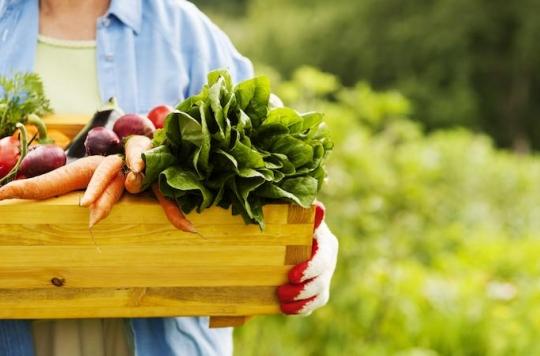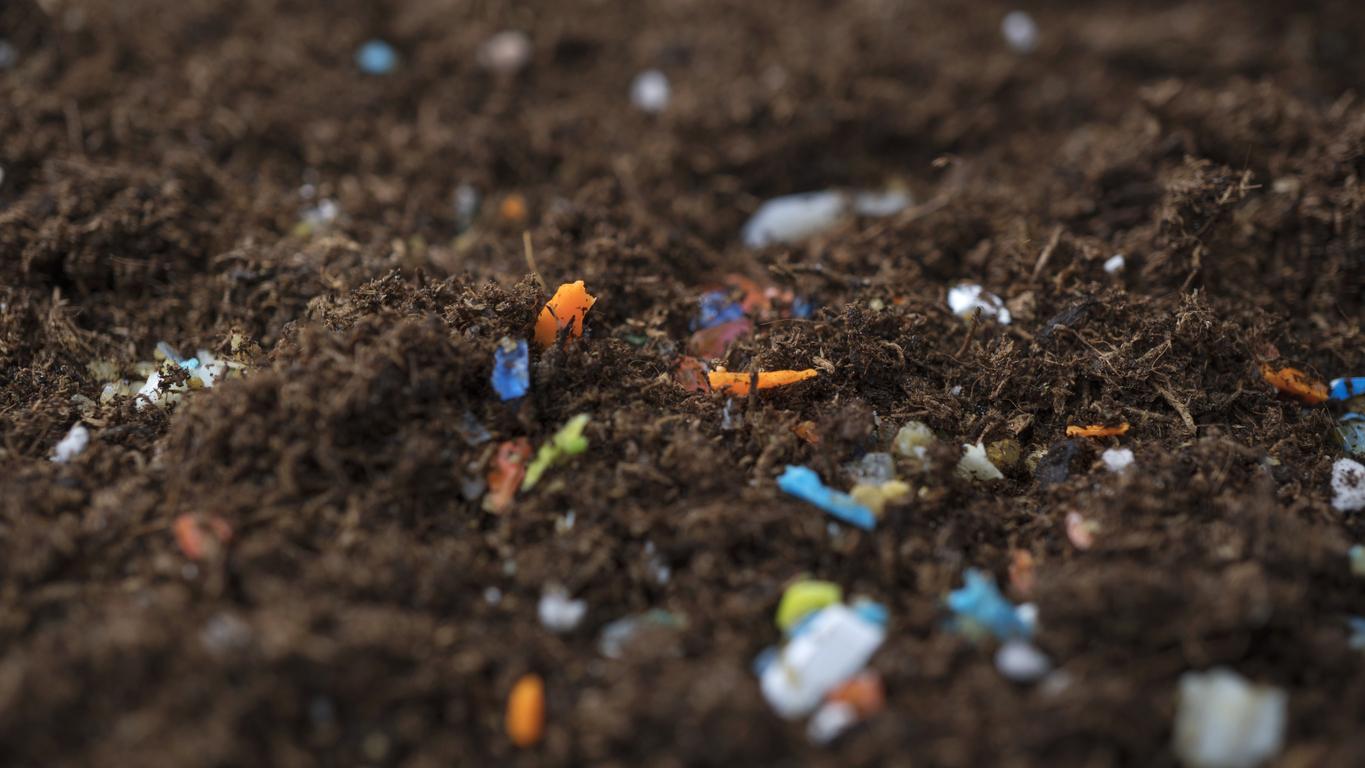The organic market reached 7.1 billion euros in 2016, according to the Organic Agency, which confirms that evolution is underway.

Pesticides, additives, chemicals are all over the place, maybe all of these will be a thing of the past. This is not yet the case but the evolutions are confirmed. Organic food is gaining ground on French tables, according to the latest data from the Agence bio. In 1016, the consumption of organic products in France (including catering) jumped 22%, or 7.1 billion euros.
Organic now represents 3.5% of the home food market, seven times more than 15 years ago, we can still read. Indeed, the organic market has continued to grow exponentially over the past few years, going from one billion euros in 1999 to 5.9 billion in 2015, then, today, to 7.1. Billions of Euro’s.
Malls
Of the latter amount, household consumption at home represents 6.7 billion euros. Out-of-home catering, in restaurants and canteens, “still only represents 411 million euros in turnover,” explains the Agency.
Supermarkets concentrate the majority of organic purchases (45%), followed by organic grocery stores and specialty stores (37%). The latter are recording the strongest momentum, with a growth rate of 24%. Direct sales to producers (13%) and to artisan traders (5%) represent a significant part of this market.
Made in France
Another lesson from these figures: made in France has a bright future ahead of it. Indeed, 71% of food purchased in 2016 is produced in France. Half of the 29% of products imported were imported from the European Union; 43% are said to be exotic (banana, coffee, cocoa or citrus).
As for French producers, they exported the equivalent of 629 million euros of organic product in 2016, an increase of 14% compared to the previous year. Two thirds of this export is organic wine.
This corresponds to a development that is actually observed in viticulture. Certified organic crops reached 1.05 million hectares at the end of 2016. The rest of agriculture is following this trend, with an increase of 17% in the areas committed to organic, for 118,000 direct jobs.
.















